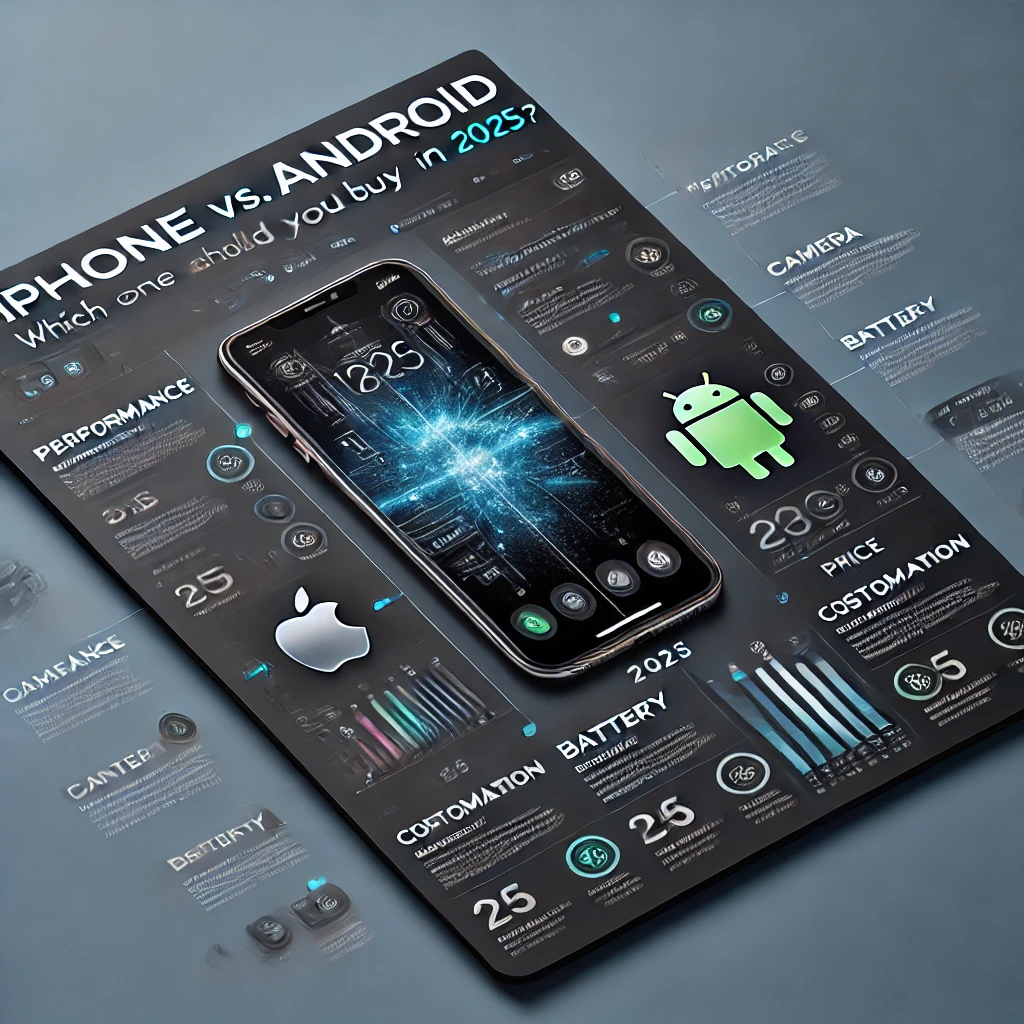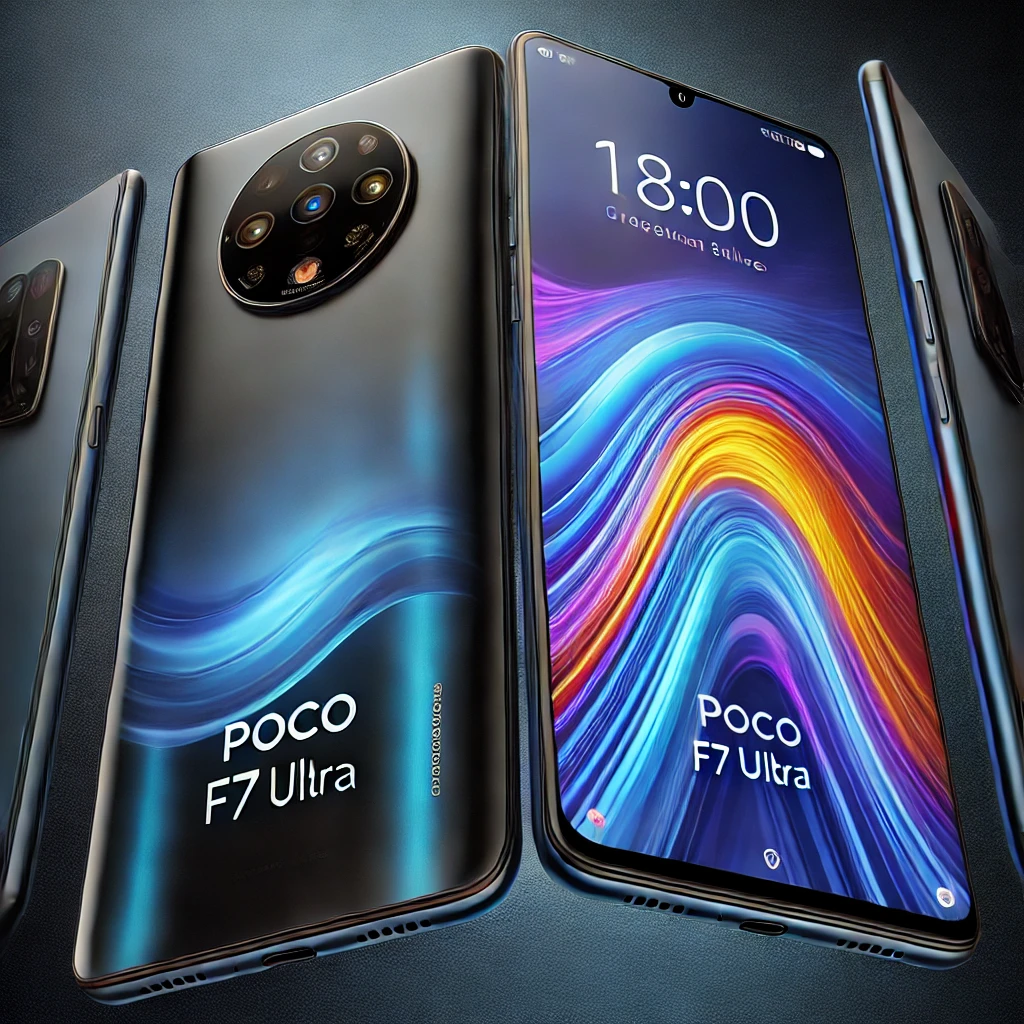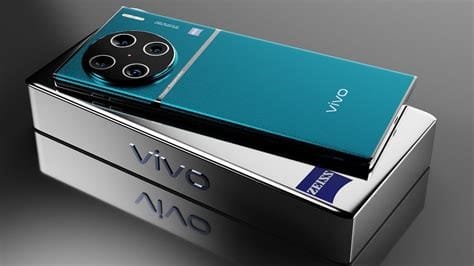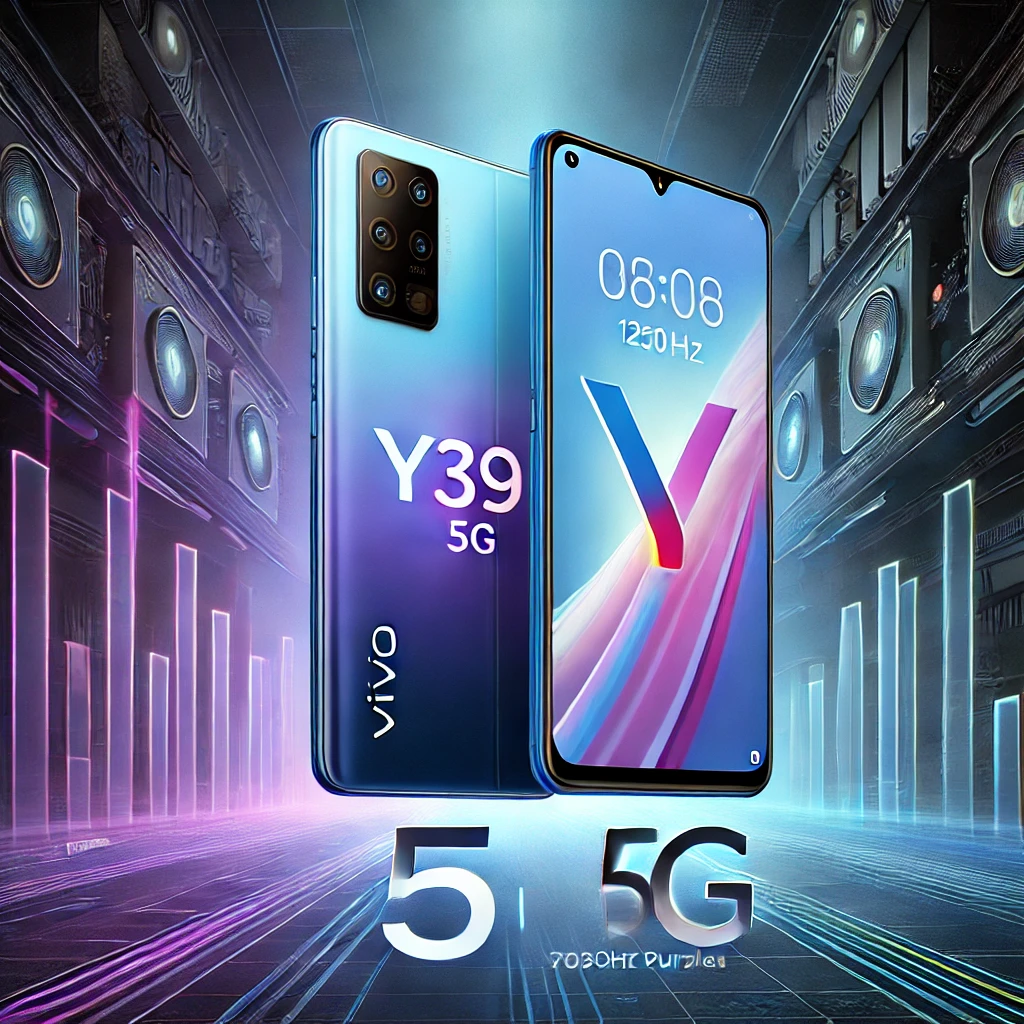Choosing between an iPhone and an Android smartphone has always been a tough decision. Both platforms have evolved significantly, offering high-end features, powerful performance, and unique benefits. However, whether you’re looking for a premium experience, customization options, long-term software support, or affordability, your choice will depend on what matters most to you.
In this in-depth comparison, we’ll cover performance, camera, security, updates, battery life, price, and more to help you decide which smartphone suits your needs in 2025.
📊 iPhone vs. Android: Quick Comparison
| Feature | iPhone (iOS) | Android |
|---|---|---|
| 📱 Variety of Devices | Limited (Only Apple devices) | Wide range (Samsung, OnePlus, Google, Xiaomi, etc.) |
| ⚡ Performance | Optimized hardware & software integration | Varies by brand and model |
| 📷 Camera Quality | Consistently great with Apple’s image processing | Some models exceed iPhone in certain aspects |
| 🔋 Battery Life | Efficient but smaller batteries | Bigger batteries and faster charging |
| 🔄 Customization | Limited | Extensive customization options |
| 📥 App Store & Security | Highly secure, strict app policies | More freedom, but slightly higher security risks |
| 💰 Price | Expensive, premium pricing | Wide range from budget to flagship |
| 💾 Software Updates | Long-term support (5+ years) | Varies by brand, usually 2-4 years |
🔍 iPhone: The Premium & Secure Choice 🍏
✅ 1. Long-Term Software Support
One of the biggest reasons people choose iPhones is Apple’s long-term software updates. Apple provides updates for at least 5–6 years, meaning your phone stays updated and secure for a longer period.
For example, the iPhone 8 (released in 2017) still received the iOS 16 update in 2023, whereas many Android phones lose updates after 2-4 years.
✅ 2. Seamless Apple Ecosystem
If you own other Apple devices like a MacBook, iPad, Apple Watch, or AirPods, the iPhone integrates perfectly with them. Features like AirDrop, Universal Clipboard, Handoff, and FaceTime make the Apple experience smooth and efficient.
✅ 3. Superior Privacy & Security
Apple is known for its strict app policies and strong security. Features like:
✔️ End-to-end encryption for iMessages and FaceTime
✔️ App Tracking Transparency (blocks apps from tracking your data)
✔️ Fewer malware risks (compared to Android’s open system)
✅ 4. Consistent Camera Quality
iPhones have always been known for their great cameras with excellent:
✔️ Color accuracy
✔️ Low-light photography
✔️ Video recording quality (iPhones are still the best for vlogging & content creation)
Even though some Android phones offer better zoom capabilities, iPhones deliver a more consistent camera experience across all models.
✅ 5. Premium Build & Resale Value
iPhones are built with high-quality materials and retain their value better than most Androids. If you upgrade your phone regularly, an iPhone will get a better resale price compared to an Android.
❌ iPhone Downsides
🚫 Expensive Pricing – Even older iPhones remain costly.
🚫 Limited Customization – No advanced UI changes, icon packs, or themes.
🚫 Slower Charging – Even in 2025, iPhones lack super-fast charging.
🔍 Android: The Customizable & Budget-Friendly Choice 🤖
✅ 1. More Choices & Price Ranges
Android gives you a variety of options across different brands:
✔️ Budget phones (under ₹10,000) – e.g., Redmi, Realme, Motorola
✔️ Mid-range phones (₹20,000 – ₹40,000) – e.g., Samsung Galaxy A series, OnePlus Nord
✔️ Premium flagships (₹60,000+) – e.g., Samsung Galaxy S series, Google Pixel, OnePlus Pro
Whether you need an affordable phone or a powerful flagship, Android has something for every budget.
✅ 2. High Customization Options
Unlike iPhones, Android allows full UI customization, including:
✔️ Changing themes & icons
✔️ Using third-party launchers
✔️ Custom widgets & lock screen modifications
You can personalize your phone exactly the way you like it!
✅ 3. Better Hardware Variety
Some Android brands push hardware innovations beyond Apple, such as:
✔️ Foldable phones (Samsung Galaxy Z Fold, Flip)
✔️ S Pen support (Samsung Galaxy Ultra series)
✔️ Under-display fingerprint sensors
✔️ High refresh rate displays (120Hz, 144Hz, etc.)
✅ 4. Faster Charging & Bigger Batteries
Most Android phones have bigger batteries (5000mAh or more) and offer:
✔️ Super-fast charging (up to 120W) – Full charge in 30 minutes or less!
✔️ Wireless & reverse charging – Charge other devices wirelessly.
Apple’s Lightning port and slow 27W charging can’t compete with this.
✅ 5. Expandable Storage & More Features
Unlike iPhones, many Android phones still offer:
✔️ Expandable storage (microSD card support)
✔️ Headphone jacks (on some models)
✔️ Dual SIM support
These extra features can be very useful depending on your needs.
❌ Android Downsides
🚫 Inconsistent Software Updates – Some brands (like Xiaomi) offer only 2-3 years of updates compared to iPhone’s 5+ years.
🚫 Security Risks – The open system allows third-party apps and custom ROMs, which can lead to malware risks if not careful.
🚫 Performance Issues Over Time – Some budget Android phones slow down faster compared to iPhones.
📌 Which One Should You Buy in 2025?
Buy an iPhone if:
✔️ You want long-term software updates (5+ years).
✔️ You own other Apple devices (MacBook, iPad, etc.).
✔️ You prioritize security & privacy.
✔️ You need a reliable camera & video recording.
Buy an Android if:
✔️ You need a budget-friendly or highly customizable phone.
✔️ You want fast charging, foldable designs, or stylus support.
✔️ You like more hardware choices & price ranges.
✔️ You prefer expandable storage & headphone jacks.
🎯 Final Verdict
- iPhone = Best for long-term use, security, and premium experience.
- Android = Best for variety, customization, and budget-friendly options.
Both platforms have pros and cons, so choose based on your priorities!
🔹 Which one do you prefer: iPhone or Android? Let us know in the comments! 📲🔥
👉 You May Like
🔗 Best Noise-Canceling Headphones for Focus in 2025
🔗 Best Laptops for Study & Work in 2025-Affordable & Powerful
🔗 Apple iPhone 16: The Ultimate Review-You Need to Know
![]()





